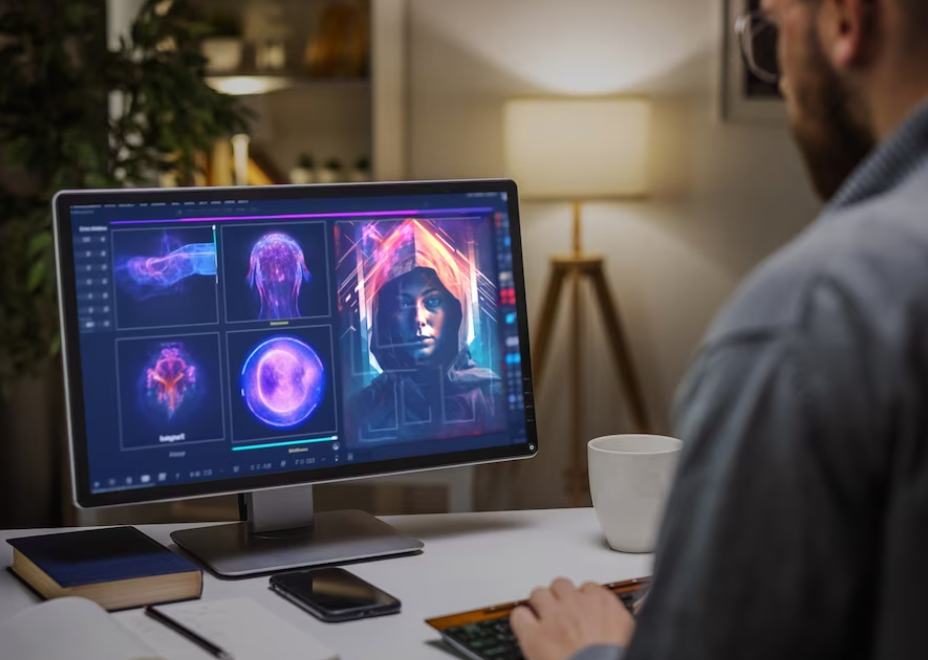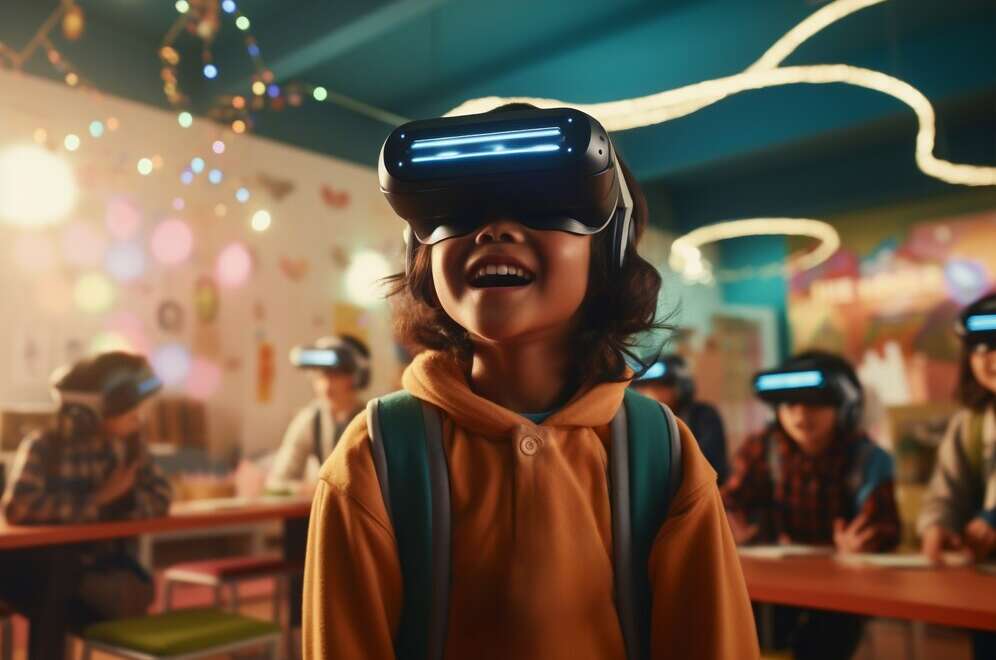
In the realm of filmmaking, the integration of artificial intelligence (AI) and machine learning technologies has sparked a significant revolution, particularly in the domains of scriptwriting and editing. Traditionally, these processes heavily relied on human creativity, intuition, and expertise. However, with the advent of AI, filmmakers now have access to powerful tools that can analyze vast amounts of data, generate content, and assist in the editing process. This article delves into the profound impact of AI on scriptwriting and editing in filmmaking, exploring its capabilities, advantages, and potential future implications.
AI-Powered Scriptwriting: Unleashing Creativity and Efficiency:
Scriptwriting, often considered the backbone of any film, demands a high level of creativity, storytelling prowess, and meticulous attention to detail. Historically, screenwriters would spend countless hours brainstorming ideas, crafting dialogues, and structuring narratives. However, AI technologies have emerged as game-changers in this regard.
One of the primary applications of AI in scriptwriting is the generation of plot outlines, character arcs, and even entire scripts. Machine learning algorithms can analyze vast datasets of existing films, scripts, and literary works to identify patterns, tropes, and narrative structures. Subsequently, AI can generate original storylines, dialogue snippets, and scene descriptions based on the learned patterns.
Moreover, AI-driven scriptwriting tools offer immense flexibility and customization options. Filmmakers can input specific parameters such as genre, tone, and character traits, allowing the AI to tailor its output accordingly. This not only accelerates the scriptwriting process but also provides fresh perspectives and unconventional ideas that human writers might overlook.
Furthermore, AI systems can assist in script analysis and optimization. By analyzing scripts for pacing, character development, and plot coherence, AI algorithms can provide valuable insights and suggestions for improvement. This collaborative approach between human creativity and machine intelligence can lead to more refined and compelling scripts.
Enhancing Editing Efficiency with AI:
Once the filming is complete, the editing phase plays a crucial role in shaping the final product. Traditionally, editors sift through hours of footage, meticulously selecting shots, arranging sequences, and fine-tuning transitions. However, AI-powered editing tools are streamlining this process and offering unprecedented levels of efficiency and precision.
One of the most significant contributions of AI to film editing is in the realm of automatic scene detection and categorization. Using advanced computer vision algorithms, AI systems can analyze video footage frame by frame, identifying distinct scenes, camera angles, and compositions. This automated scene detection capability significantly reduces the time and effort required for manual footage review, allowing editors to focus on creative decision-making.
Additionally, AI-driven editing tools leverage natural language processing (NLP) techniques to analyze audio tracks and transcripts. By transcribing dialogue and identifying key phrases, emotions, and tonal nuances, these tools can facilitate the selection of dialogue snippets, sound effects, and music cues that enhance the overall narrative impact.
Moreover, AI algorithms can analyze audience engagement metrics and feedback data to optimize editing decisions. By analyzing viewer reactions, social media discussions, and audience retention patterns, AI can identify which scenes resonate most with viewers and which elements require refinement. This data-driven approach enables editors to make informed decisions that cater to audience preferences and maximize the film’s impact.
Challenges and Considerations:
While AI technologies offer immense potential in revolutionizing scriptwriting and editing, they also pose certain challenges and considerations. One primary concern is the ethical implications of AI-generated content and its impact on artistic integrity. Critics argue that reliance on AI may dilute the authenticity and originality of creative works, leading to homogenized content that lacks human depth and emotion.
Furthermore, there are concerns regarding job displacement within the filmmaking industry. As AI technologies automate tasks traditionally performed by writers, editors, and other creative professionals, there is a risk of job loss and workforce disruption. However, proponents argue that AI tools should be viewed as collaborators rather than replacements, augmenting human creativity and productivity rather than supplanting it entirely.
Moreover, the issue of bias in AI-generated content must be addressed. Machine learning algorithms are trained on existing datasets, which may contain inherent biases based on factors such as race, gender, and cultural representation. Filmmakers must be vigilant in ensuring that AI-generated content reflects diverse perspectives and avoids perpetuating stereotypes or discriminatory narratives.
Future Directions and Possibilities:
Looking ahead, the integration of AI in filmmaking is poised to advance even further, unlocking new possibilities and creative avenues. One exciting prospect is the emergence of AI-generated virtual actors and digital avatars. By combining facial recognition, motion capture, and voice synthesis technologies, AI systems can create lifelike characters that interact seamlessly with human actors, blurring the lines between reality and simulation.
Additionally, AI-driven personalized filmmaking experiences could revolutionize audience engagement and immersion. By analyzing viewer preferences, demographics, and viewing habits, AI algorithms can dynamically generate customized versions of films with tailored narratives, endings, and character arcs. This interactive approach not only enhances viewer satisfaction but also opens up new avenues for storytelling experimentation and audience participation.
AI technologies are transforming the landscape of scriptwriting and editing in filmmaking, offering unprecedented levels of efficiency, creativity, and customization. While challenges such as ethical considerations and job displacement persist, the collaborative synergy between human creativity and machine intelligence holds immense promise for the future of cinematic storytelling. As filmmakers continue to harness the power of AI, the boundaries of imagination and innovation in the world of cinema will undoubtedly be pushed to new heights.








I know, this is very important!
You’ve probably been on a seesaw or a teeter-totter at some time in your life — you on one side and a friend on the other.